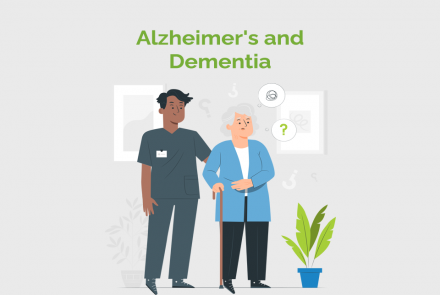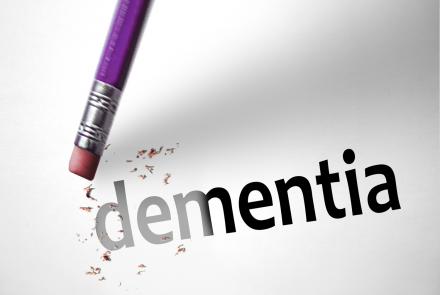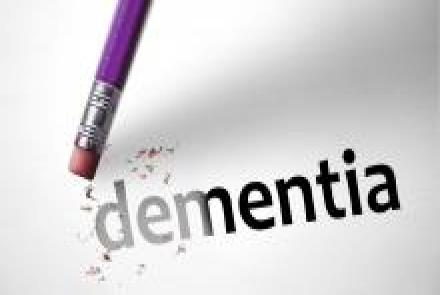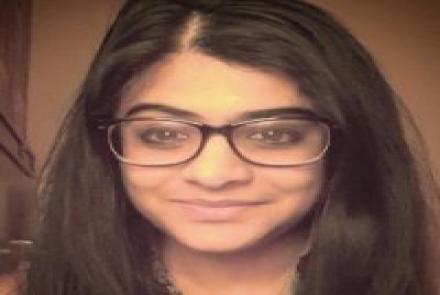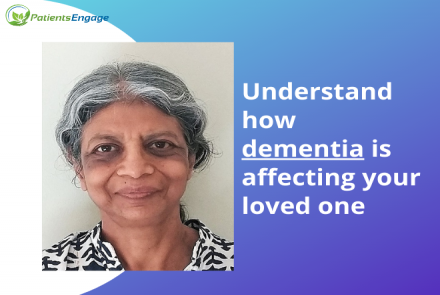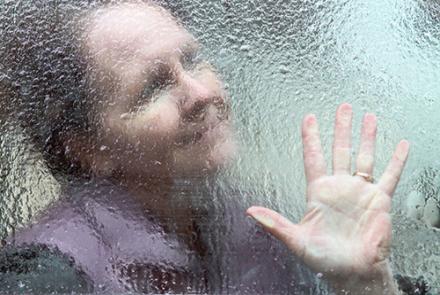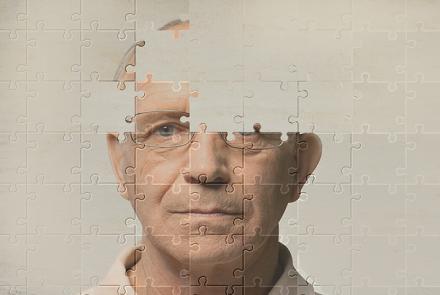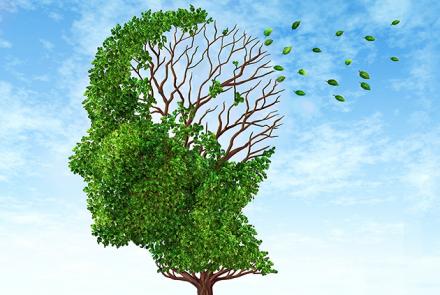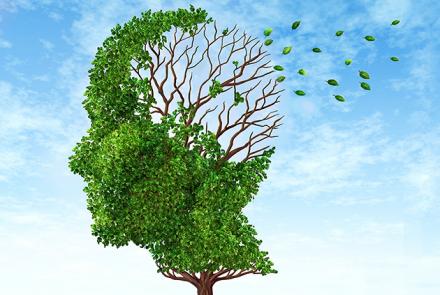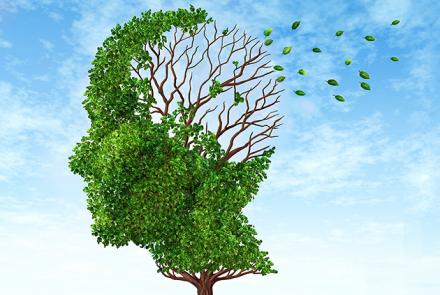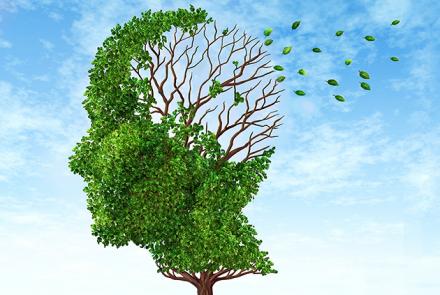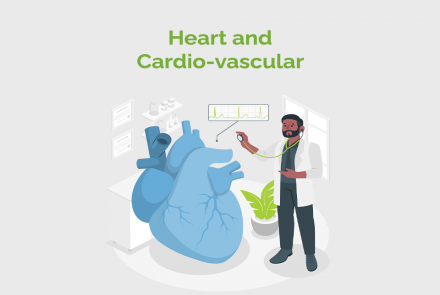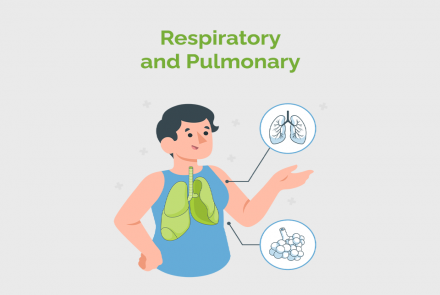Dementia is a broad term for a range of conditions that involve loss of mental ability causes problems with memory, language, behaviour and emotions. Around five percent of people over the age of 65 are affected to some extent. The most common form of dementia is Alzheimer's, accounting for about two thirds of cases. This community address the challenges of managing this condition early on. There may be some overlap with the Caregiver community since some of our caregiver articles and stories also relate to caregivers of persons with dementia
May I please Dr Sridhar Vaitheswaran's email id?
Would like to consult with him.
Regards,
Bilwa

